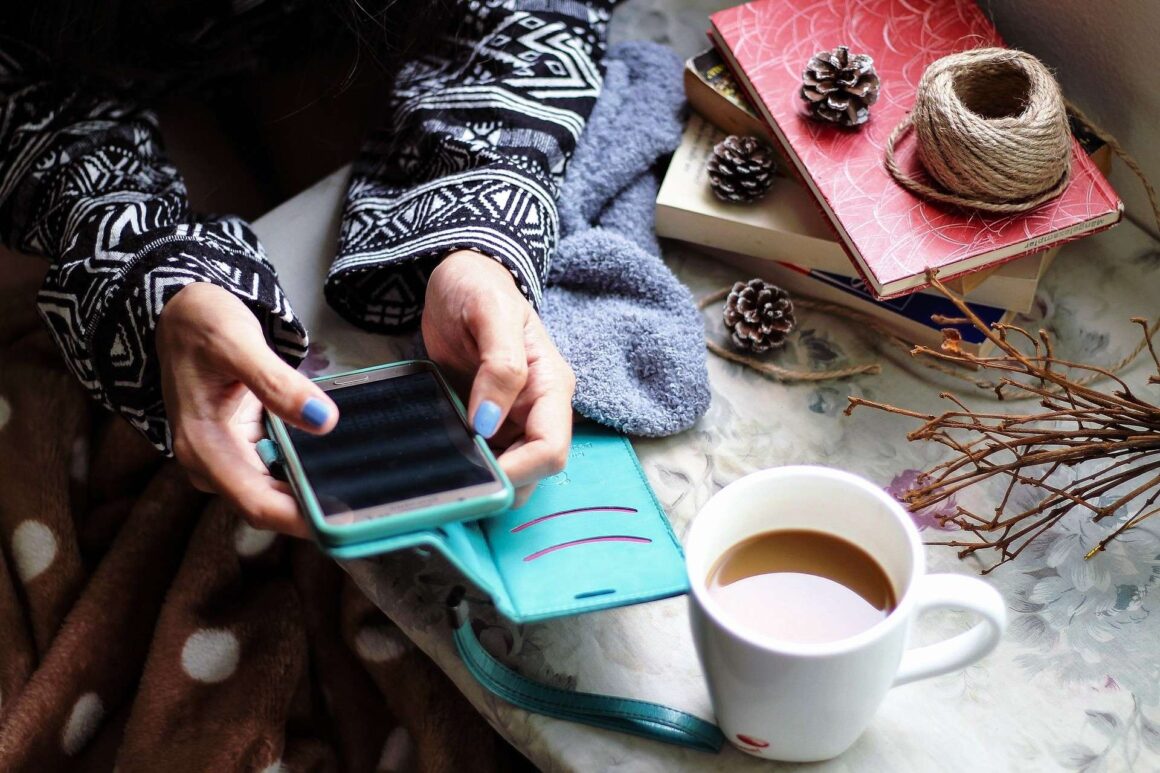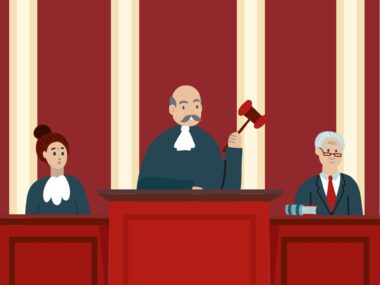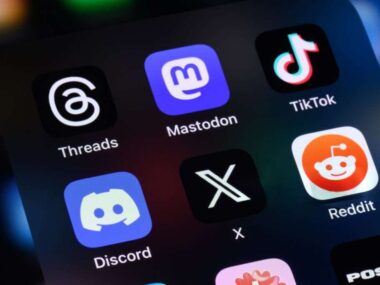There’s a reason women gravitate toward apps like Tea. New forms of emotional abuse and manipulation crop up every day. Also, there are far too many horror stories of women unknowingly dating violent offenders, predators, or serial cheaters.
Tea promised a sense of control, a safety net. The women-only platform lets users post anonymous warnings of “red flag” behavior, reverse search images and perform background checks before going on a date. For many, it felt like a lifeline in a world that too often dismisses women’s intuition.
Now, that safety net has frayed. On July 25, 2025, Tea confirmed it had suffered a massive data breach. And ironically, it’s the women who turned to the app for protection who are now the ones exposed.
What Was Leaked?
Hackers gained unauthorized access to about 72,000 images, including around 13,000 selfies and photo IDs submitted for account verification. Another 59,000 images come from posts, comments, and DMs inside the app.
Tea emphasized in a statement that no phone numbers or emails were compromised, and that only users who signed up before February 2024 were affected. Let’s not sugarcoat it: this is not a minor leak. It’s a direct pipeline to some of the most sensitive data women trusted the app to protect.
It’s not just the fact that the photos leaked, but it’s where they ended up. According to 404 Media, the leaked data was discovered by 4chan users, a community infamous for targeted harassment and anonymity-fueled cruelty. Worse, some images were apparently indexed and searchable, meaning that anyone with a grudge and a WiFi connection could potentially find them.
What Happens When a Safety App Makes You Less Safe?
This data breach has real-world consequences that could endanger users:
- Revenge and Retaliation: Imagine an ex who didn’t like what was said about him on Tea. Now he has access to the user’s full name, or a photo ID. The risk of harassment, stalking, or worse becomes very real, very fast.
- Doxxing and Identity Theft: Photo IDs make identity theft easier. Combine that with leaked personal messages and location-tagged data and it becomes a privacy nightmare.
- Emotional Harm: Beyond physical safety, there’s psychological harm. Many users posted deeply personal experiences on Tea. Having those violated is its own trauma.
Representatives for Tea said they’ve consulted with third-party cybersecurity experts and put additional protections in place. They reiterated that user privacy is their “highest priority” but for users already exposed, the damage is done.
Can Women Trust Safety Apps Anymore?
Tea wasn’t just another dating app. It was supposed to fix the problems with modern dating and make it a little easier for women to find a suitable partner. Now it’s at the center of a security breach that has put thousands of users in danger.
Tea has already drawn backlash for allowing anonymous accusations against men. This breach hands more ammo to those who believe such platforms are unethical or dangerous. It could act as a deterrent for every woman considering using a platform like it. Because if this can happen to an app designed specifically for women’s safety, what does that say about the rest? If even platforms like Tea aren’t safe, women may self-censor or stop sharing their experiences entirely.
Safety Is More Than an App
Tea was created to help women feel better about dating in a world that’s far from safe. A tool built on trust has to earn and protect that trust, especially when it’s dealing with highly personal data.
This breach is a harsh reminder that safety apps can only be empowering when they’re built on rock-solid foundations of security and care. Anything less, and they risk doing the very harm they’re meant to prevent.
For Tea, rebuilding trust won’t come from PR statements alone. It’ll take transparency, accountability, and a fundamental rethinking of what it means to keep users safe. Not just in theory, but in practice.






